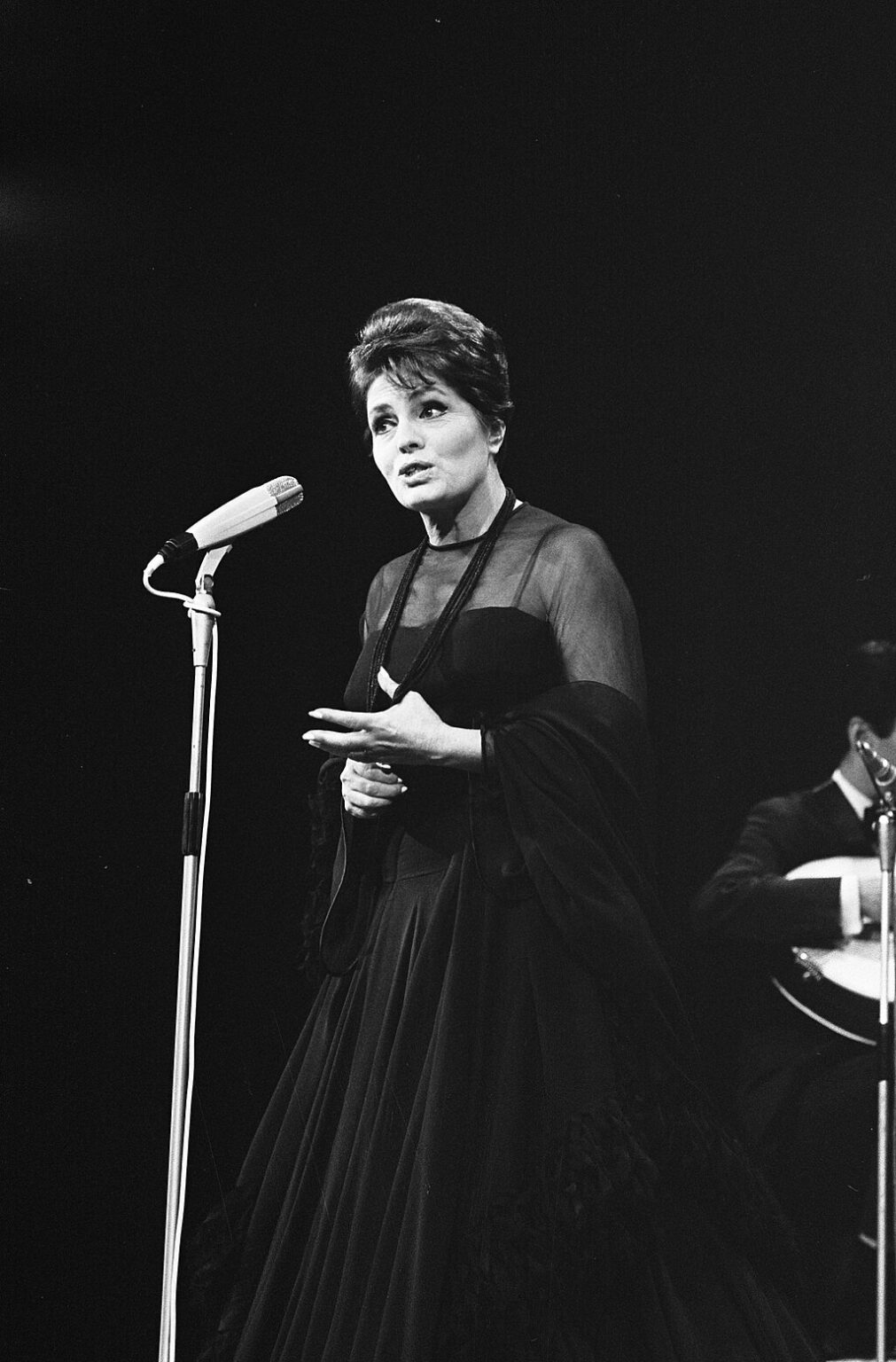
Amália Rodrigues, the diva who made fado shine across the world
The voice of a people, the soul of a nation, and a woman larger than life
A voice born in Lisbon
Some artists do not just sing; they embody emotion, history and identity. Amália Rodrigues was one of those rare souls.
Born in 1920 in Lisbon’s Mouraria district, she grew up among street vendors, laughter and hardship. There, she discovered fado, the music of love, loss and longing.
As a child, she sang at local gatherings and fado houses. Her voice was raw and mesmerizing, filled with truth and feeling.
She didn’t imitate anyone. She simply was fado itself.
The rise of a star
In the 1940s, Amália began to perform throughout Portugal and abroad.
Her grace, intensity and magnetic presence captivated audiences.
Radio stations started playing her songs, and soon the entire nation recognized in her a new kind of artist — one who sang from the soul.
But Amália wanted more than local fame. She dreamed of carrying fado beyond Portugal, showing that this deeply emotional music could touch hearts everywhere.
When fado became universal
During the 1950s, Amália recorded internationally and performed in Paris, New York, Rio de Janeiro and Tokyo.
Everywhere she went, people were enchanted.
Songs like “Barco Negro”, “Povo Que Lavas no Rio” and “Coimbra” became timeless.
Even those who didn’t understand Portuguese felt the emotion.
Critics called her “the queen of fado”, “the Portuguese Callas”, “the voice of saudade”.
Amália turned fado into a global language without ever losing its soul.

A free woman in a censored land
While Portugal was under Salazar’s dictatorship, Amália’s fame soared.
Her freedom of spirit contrasted with a regime built on control.
She never claimed politics; she sang humanity — love, sorrow and hope.
After the Carnation Revolution in 1974, she faced criticism from some who accused her of being too close to the regime.
Wounded by these attacks, she withdrew from the spotlight for a time.
But the affection of the people brought her back. For them, Amália was not a political figure — she was a heartbeat, a memory, a melody.
The woman behind the legend
Beyond the spotlight, Amália was gentle, introspective and poetic.
She loved flowers, books and quiet reflection.
Her collaborations with poets like Pedro Homem de Mello and David Mourão-Ferreira elevated fado to the level of high art.
Her friends described her as generous yet mysterious, humble yet demanding.
She didn’t sing to impress; she sang to exist.
An everlasting legacy
Amália Rodrigues passed away in 1999, and Portugal wept.
Thousands gathered in Lisbon to bid her farewell, and the city was filled with music.
Her voice still echoes through the narrow streets of Alfama, in cafés and radios, in the hearts of all who love Portugal.
Modern artists like Mariza and Carminho continue her legacy, keeping the fado flame alive.
Because of Amália, the music of Lisbon became the song of the world.
She sang saudade like no one else, turning melancholy into grace.
And perhaps, somewhere over the Tagus, her voice still drifts on the evening breeze, eternal and free.
Share this article
Suggested articles
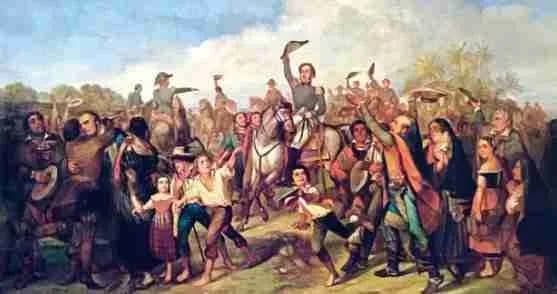
The Portuguese Colonial Empire, greatness and the end of an era
It is astonishing to think that a small country on the edge of Europe once ruled the seas and shaped global history. In the fifteenth century, Portugal, with barely over a million people, became the beating heart of the Age of Discovery. It was the age of sailors, dreamers and merchants who turned the unknown into possibility.
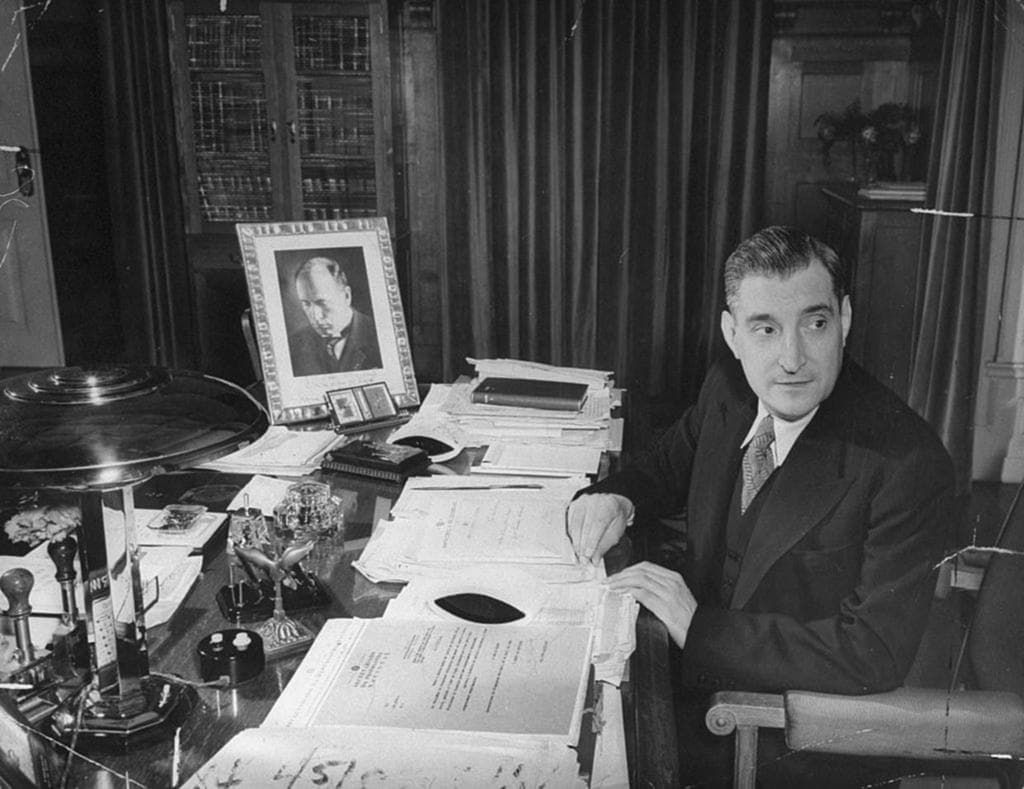
António de Oliveira Salazar and the Estado Novo : Shadows and Legacies of a Dictatorship
When I think back to my parents’ stories, leaving Portugal for France at the end of the 1960s, I see in them the reflection of an entire country that took to the road. Their departure wasn’t just a “change of scenery” : it was a flight, a gamble, a hope. And behind that decision lay the weight of Salazar’s long dictatorship, a regime that shaped Portugal for nearly forty years. (And to think that Portugal has only been “free” for about 50 years… yes, it really wasn’t that long ago !)
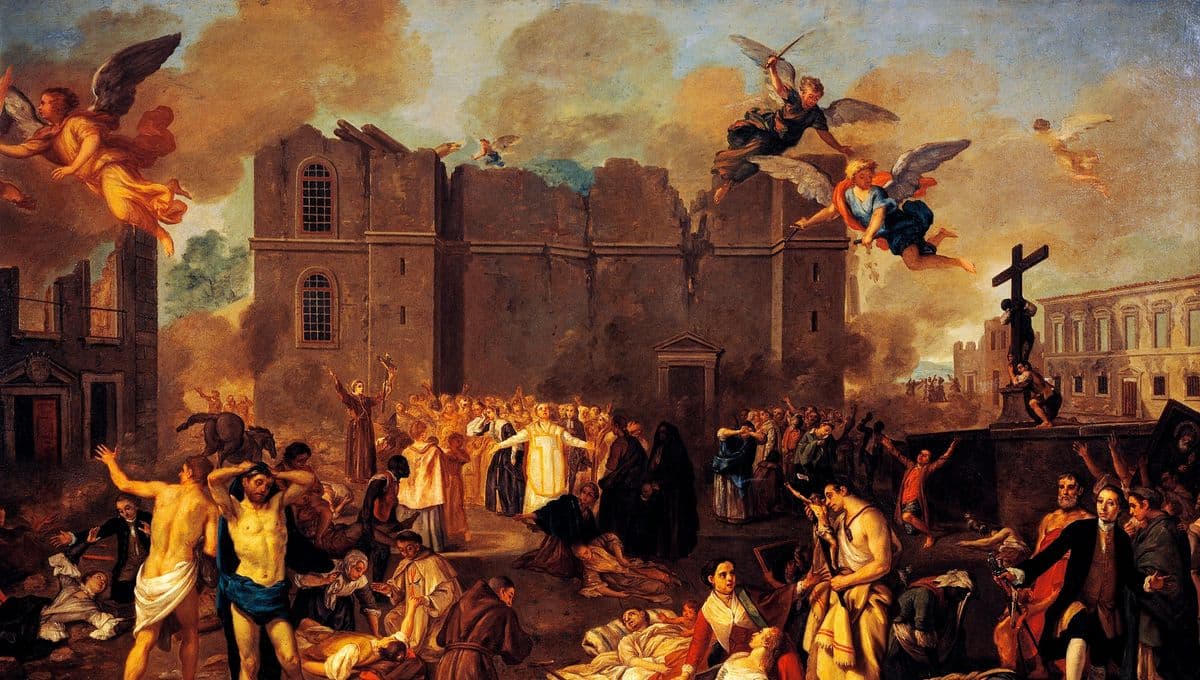
The Lisbon Earthquake of 1755 : an event that shook Europe
On November 1st, 1755 (All Saints’ Day), the city of Lisbon woke up to the sound of church bells, the faithful filled the pews… and suddenly, the ground began to shake. Around 9:40 a.m., an earthquake with an estimated magnitude between 8.5 and 9.0 struck the city, followed by a devastating tsunami and massive fires that tore through its neighborhoods… You’ve probably heard of it, right ?

April 25th : a revolution like no other (and with flowers, please)
It’s not every day that a dictatorship collapses… in a festive atmosphere filled with red bouquets ! And yet, Portugal pulled off that miracle. On April 25th, 1974, while Europe was quietly waking up, Lisbon was vibrating to the sound of a song Grândola, Vila Morena and the scent of a symbol that would become immortal : the red carnation.
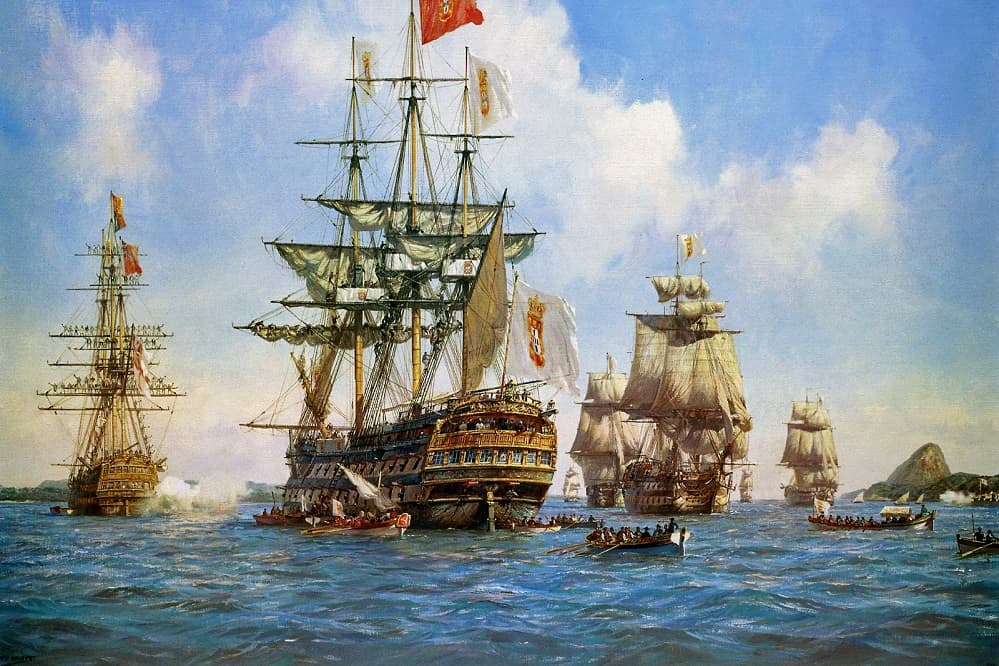
The Age of Discovery : how the Portuguese changed the map of the world
Picture this : it’s the late 14th century. A small country on the edge of the Atlantic, sails in the wind, a few daring sailors, and one big dream to discover what lies beyond the horizon ! That’s how the incredible adventure of the Age of Discovery begins, with Portugal taking center stage. And no, it wasn’t just about sketching maps it was a full-on world revolution… and, let’s be honest, a massive “let’s go and see what happens” gamble (spoiler : it paid off).


